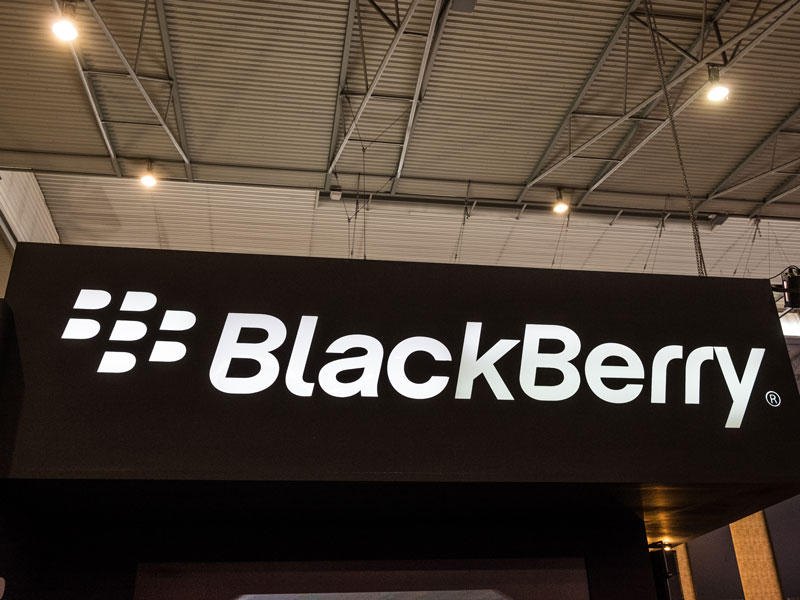BlackBerry and Jaguar Land Rover strike deal to develop tech for next-gen vehicles
BlackBerry will license its technology to Jaguar Land Rover as it moves towards becoming a bigger player in the software sector

Since ceasing smartphone production in 2016, BlackBerry has been particularly keen on carving out a space for itself in the automotive software industry
On March 22, former smartphone giant BlackBerry announced a multiyear partnership with Britain’s largest automobile manufacturer, Jaguar Land Rover, to develop technology for the company’s next-generation vehicles.
The deal will see BlackBerry license its security technology, Certicom, and QNX operating systems, which deal with embedded systems including entertainment and automation, to Jaguar Land Rover. According to the statement, the Canadian firm will help develop the technology by using its own team of engineers, whose first project will be a “next-generation infotainment system”.
While BlackBerry’s market cap is nowhere near what it was at its height in mid-2008, it has almost doubled since September 2016 when it pivoted away from making phones.
“We are at a pivotal moment, where innovative automakers, such as Jaguar Land Rover, are realising they need to take an active role in defining the software architecture for their vehicles,” said John Wall, Senior Vice President of BlackBerry QNX, in the statement.
“Connected and autonomous vehicles will react and drive based on rich data. Our platforms help process data efficiently and keep it secure and trusted. We are incredibly honoured to work with Jaguar Land Rover and look forward to our teams working hand in hand to deliver an enhanced driving experience for their customers.”
The deal comes as BlackBerry continues to diversify its portfolio. The company ceased smartphone production two years ago following the collapse of sales and has since formed partnerships with the likes of Microsoft, Baidu and Qualcomm to develop software in a number of sectors. The company has been particularly keen on carving out a space for itself in the automotive software industry.
BlackBerry’s diversification strategy got a financial boost last year when it won a $940m refund from Qualcomm in an arbitration dispute following the company’s complaint that it had been overpaying royalty fees. While BlackBerry’s market cap is nowhere near what it was at its height in mid-2008, when it had around 20 percent of the smartphone market, it has almost doubled since September 2016 when it pivoted away from making phones.













